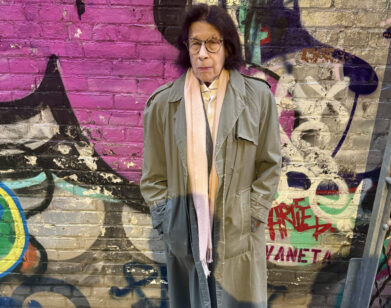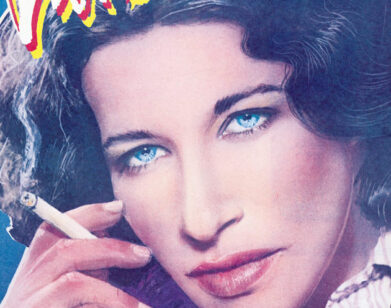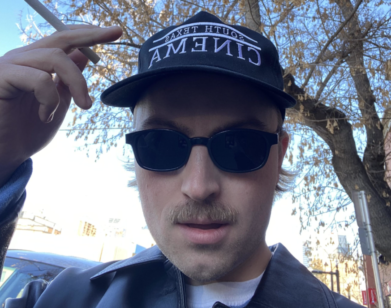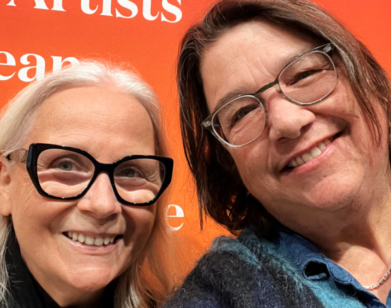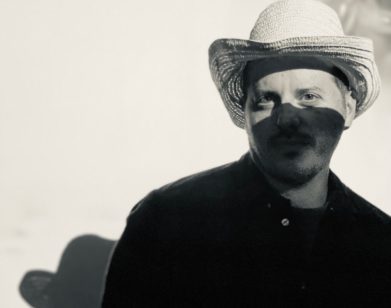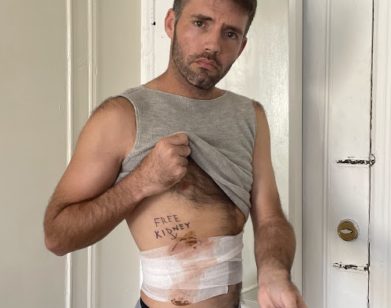That Time Toni Morrison Thought Her Nobel Prize Win Was a Hoax
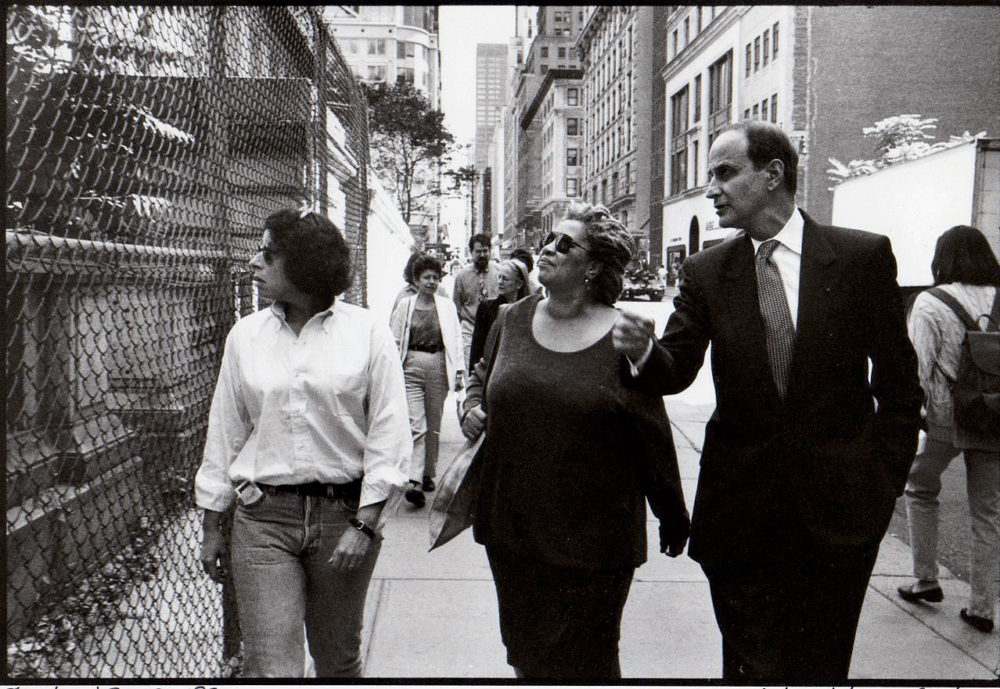
Fran Lebowitz, Toni Morrison, and Paul LeClerc. Photo by Jill Krementz.
That Time When is Interview’s weekly trip through the pop cultural space-time continuum, where we return to some of the most overlooked moments from issues past. In this edition, we revisit our May 2012 issue, where Toni Morrison talked about her latest novel, Home, and her reaction when she learned she won the Nobel Prize for Literature.
Acclaimed novelist, essayist and all-together literary legend Toni Morrison was awarded the Nobel Prize for Literature in 1993, having already published some of her most indelible works, including The Bluest Eye, Song of Solomon, and Beloved. Morrison, “who in novels characterized by visionary force and poetic import,” as stated by The Swedish Academy in their official citation for the award’s designation, “gives life to an essential aspect of American reality.” The recipients of the Nobel Prize are typically notified via phone before the Academy makes their official announcement, though these calls don’t take into account differing time zones (and thus, differing sleep patterns). Though the Academy waited to contact Morrison until later in the day, she was nonetheless a recipient of a very unexpected, early morning phone call:
CHRISTOPHER BOLLEN: There’s the romantic vision of the Nobel committee waking American recipients from their early morning sleep with a phone call. Did that happen to you?
TONI MORRISON: No, they changed it. They’re much more civilized about it. They announce it when they have figured it out, which is in the middle of the night. So it gets out. But they have decided not to make people crazy and call them up at night, and just do it at a normal time for whatever country they’re in. What happened was a friend of mine, Ruth Simmons, who is now president of Brown, she was still at Princeton then, called me up at about seven o’clock in the morning and said, “You won the Nobel Prize.” And I thought, What? I thought she was seeing things.
BOLLEN: Did you even know you were in the running?
MORRISON: I really never thought about it. So I hung up on her! I said, “What is she talking about?” Because I thought, How would she know something that I wouldn’t know? She called me right back and said, “What’s the matter with you?” I said, “Where’d you hear that?” And she said, “I heard it from Bryant Gumbel on the Today show.” So then I had to think, Well… Maybe? But there had been so many moments—as I later learned, more than I thought—when people believed they were going to get it, and journalists were beginning to circle, and they didn’t get it.
BOLLEN: I think that happened to poor Norman Mailer. Friends even told him that he got it and he might have given an interview. But he never received it.
MORRISON: I know. It happened to Joyce Carol Oates once! The journalists were out waiting for her. But I didn’t know what to do! I just went to class, right? And then that afternoon, around 12:30, I got a telephone call from the Swedish Academy saying that I had won—at a reasonable time of day. I still wasn’t quite certain. I said, “Would you fax that?”
BOLLEN: You wanted it in writing! [laughs]
MORRISON: That’s right! But the event itself was just heaven. It’s the best party.
Morrison was in attendance during the 1993 ceremony in Stockholm, alongside friends Fran Lebowitz and Martin Scorsese. Morrison described the affair as “palatial and grand… and a little inconvenient,” on account of some unexpectedly short risers leading up to the stage. Nevertheless, Morrison gave a truly heartfelt speech, which is available to read and listen to on the Nobel Prize’s website. Lebowitz was struck by the magnitude of the affair, telling Morrison, “This is the first time I’ve seen pomp with circumstance.”

